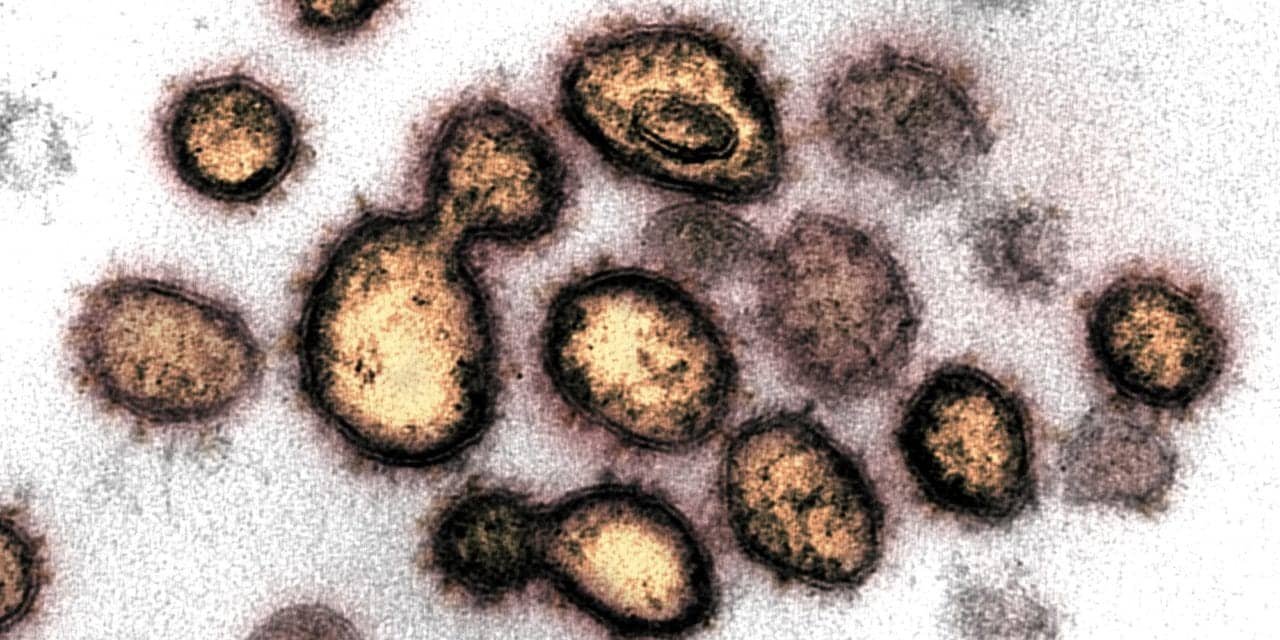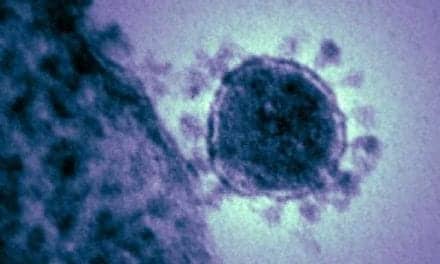Covid-19 complications among children are fading with the latest COVID wave and multisystem inflammatory syndrome (MIS-C) might become a thing of the past.
A serious inflammatory complication that strikes some children in the weeks following a Covid-19 infection has almost disappeared. A buildup of immunity and changes to the virus both likely play a part, pediatric infectious-disease doctors and researchers said.
Multisystem inflammatory syndrome is afflicting far fewer children as a proportion of known Covid-19 cases than during earlier waves of the pandemic, according to data from the Centers for Disease Control and Prevention. The condition, also known as MIS-C, is similar to Kawasaki disease, another rare pediatric inflammatory condition. Early in the pandemic, doctors believed they were seeing Kawasaki disease but soon recognized MIS-C as a distinct condition associated with an earlier Covid-19 infection. Read more here.
Study: Epigenetic Signature of MIS-C After COVID-19
Researchers from the Bellvitge Biomedical Research Institute (IDIBELL) have identified an epigenetic signature associated with the development of multisystem inflammatory syndrome in children (MIS-C).
The signature has been named EPIMISC, in line with previous studies on the epigenetics of COVID-19 from the same team.
The SARS-CoV-2 virus infection and the development of the COVID-19 disease have been a serious health, social and economic problem in the last two years. The massive implementation of vaccines has allowed a certain recovery of normality, but there are still many unanswered questions. One of the puzzles of infection with the virus has been the remarkable resilience of children to exhibit severe COVID-19. However, a small percentage of the pediatric population affected by the virus experienced a serious health condition called Multisystem Inflammatory Syndrome in Children (MIS-C), also known as pediatric inflammatory multisystem syndrome (PIMS), that require admission to intensive care unit (ICU) in around 60% of cases.
In an article recently published in the journal EClinicalMedicine, the sister journal of The Lancet for rapid communication of clinical findings, Dr. Manel Esteller, Director of the Josep Carreras Leukemia Research Institute (IJC), ICREA Research Professor and Professor of Genetics at the University of Barcelona and Dr. Aurora Pujol, also an ICREA Professor and Head of the Neurometabolic Diseases Group at the Bellvitge Biomedical Research Institute (IDIBELL), and member of the Spanish Network for Rare Diseases CIBERER, demonstrates that there are epigenetic changes linked to the triggering of MIS-C, at least in the studied cohort population. Read more here.










